Over the past couple of decades, Western consumers have shown an increasing appetite for more ethical eggs. The European Union and a number of American states have banned the use of battery cages for egg-laying hens and the cage-free egg market segment has been growing for years. In some countries, free-range eggs outsell caged eggs and a number of powerful corporations like Walmart and McDonalds have pledged to source and sell only cage-free eggs within the next few years.
The growing popularity of so-called “cruelty-free” eggs is an indicator that and more more consumers want to feel good about what they eat. But there is another ethical dilemma within the global poultry production system that produces the 1.2 trillion and counting eggs consumed each year.
‘Massive financial and ethical challenge’
There are two types of chickens: the broilers that we eat and the layers that produce the eggs. The layers don’t have enough meat to make them useful for human consumption and since only hens can lay eggs, that leaves the male layers useless. As a result, billions of newly hatched male layer chicks are killed each year. If you have the stomach for it, plenty of videos show this not-so-secret practice in gory detail.
Now the Israeli ag-tech startup eggXYt has found a way to humanely address this dilemma through the use of CRISPR — the gene editing technique that allows scientists to make targeted, specific genetic tweaks.
“Every year, 4 billion male chicks are incubated, hatched and manually sexed, only to be disposed of, creating a massive financial and ethical challenge,” eggXYt co-founder and CEO Yehuda Elram told the Alliance for Science.
The process of transporting 8 billion eggs to hatcheries, where they are incubated for three weeks before being manually sex-sorted by workers who then dispose of all of the males, results in a global financial loss of $1 billion, according to eggXYt. And then there’s all the carnage.
Inserting biomarkers
But by using CRISPR, eggXYt’s scientists can edit the genes of chickens to make them lay sex-detectable eggs.
“The chicken is made sex-detectable by inserting a biomarker onto the male sex chromosome,” Elram explained. “The biomarker is able to be picked up by our scanner, which then mechanically sorts the eggs based on the presence of the biomarker. Because the biomarker is only on the male chromosome, only the male chicks receive it.”
Female eggs are unaffected by the edit. So, when those eggs hatch and eventually become layers, they are biologically identical to non-edited hens. The biomarkers in the male eggs, however, can be identified via an electro-optical scanner. The unaltered female eggs give off no signal, but the biomarkers in the male eggs shine a bright yellow.
The eggXYt system works as a “gatekeeper” that keeps the male eggs from ever entering hatcheries in the first place. Instead, they can be sold for consumption or to the pharmaceutical and cosmetics industries. The global egg industry saves the costs and the ethical conundrum of killing half of its product and billions of additional eggs are added to the global market to help meet growing demand.
“EggXYt allows hatcheries to identify the sex of a chick embryo before incubation, in a non-invasive way,” Elram said. “This means that hatcheries are able to save costs on incubating and manually sexing the male chicks, and they are able to create an additional revenue stream from the sale of the non-incubated male eggs.”
The poultry industry can also save on feed costs and improve its food conversion rates. In a video on the company’s website, Elram says the sex-detection technology has the potential to “fundamentally change the economics of the poultry and egg industries.” According to the company, a number of investors have seen the economical potential.
“Our company attracts a lot of investor interest because of our strong impact narrative, our use of cutting edge science and the fact that we are introducing new efficiency into a traditional industry, which creates more value for all players involved and strong financial incentives for them to adopt our solution,” Elram said.
If eggXYt’s gambit succeeds, consumers may one day in the not-too-distant future see egg cartons labelled “culling-free” next to the “free-range” options already on the market. Elram said that both consumers and governments are becoming increasingly aware of the negativity of male chick culling, pointing to pending legislation to ban the practice in Germany, France, Spain and Switzerland. In the US, the United Egg Producers has also called ending chick culling “a priority and […] the right thing to do”.
EggXYt hopes that, in following with the US Department of Agriculture’s decision to not regulate gene-edited plants, its gene-edited eggs will similarly avoid burdensome regulations.
O artigo foi publicado originalmente em Cornell Alliance for Science.


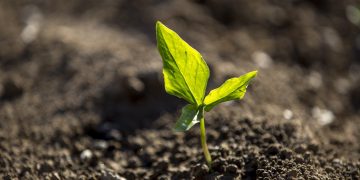

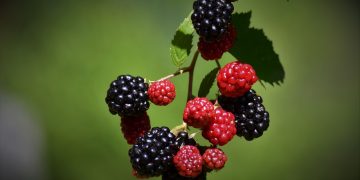

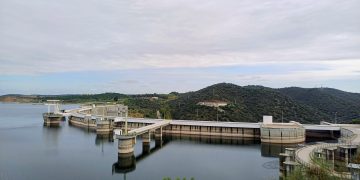
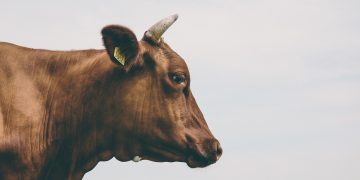













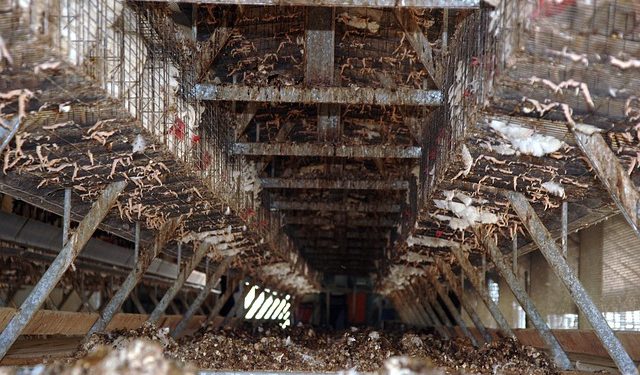
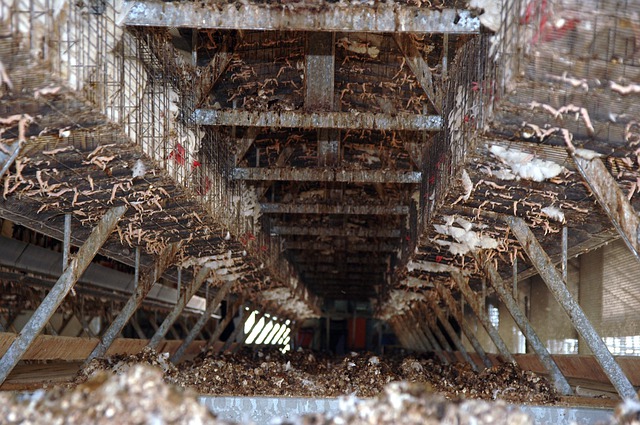
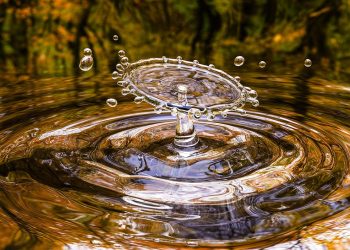
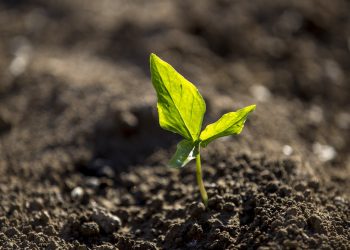




























Discussão sobre este post